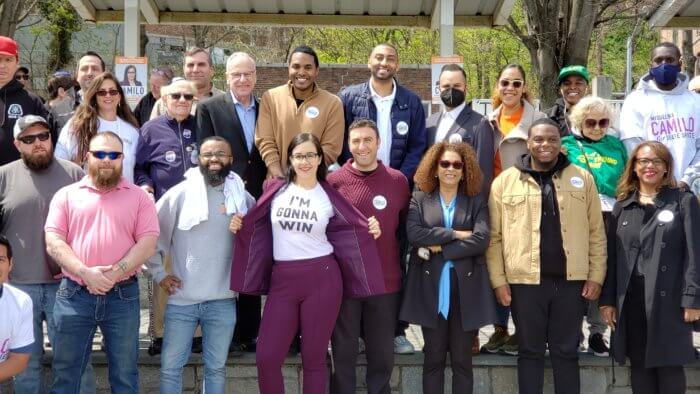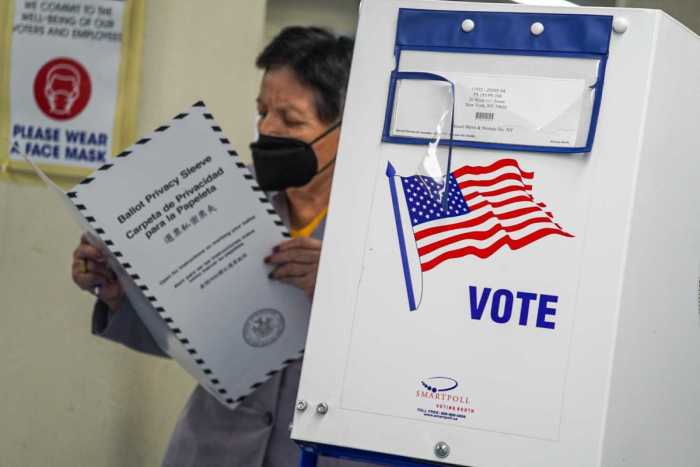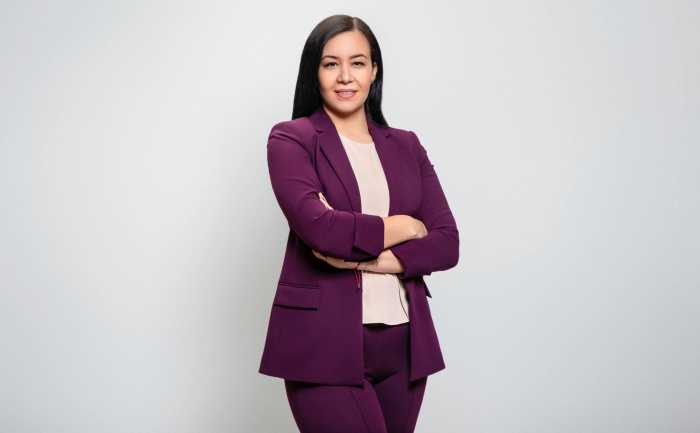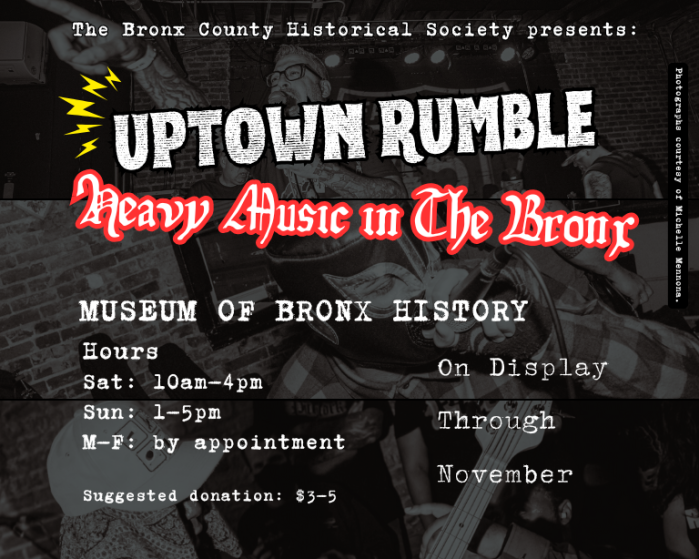In conversation with incumbents and those seeking office in this election cycle, the endorsement process, they say, ranges from “a show of solidarity among peers and important organizations” to “dignified and sometimes undignified begging” with a whole lot of hurt feelings in between.
“Not all endorsements are created equally,” said Jake Dilemani, a Democratic political strategist. “The same is true for party organization endorsements. And while it is almost always better to have your home party’s organization than to not, it’s neither necessary nor sufficient.”
With the exception of Manhattan’s congressional districts, NY-10 and NY-12, perhaps no race has been upended by a battle over powerful endorsements than the state’s 33rd Senate District between incumbent Gustavo Rivera and challenger Miguelina Camilo.
When the Bronx Democratic Party threw their support behind Camilo — an attorney and former vice president of the party — it not only created a domino effect of major local endorsements that includes Mayor Eric Adams and U.S. Reps. Ritchie Torres and Adriano Espaillat, but also secured the senatorial hopeful on-the-ground resources for her campaign.
“The Bronx organization is one of the more cohesive and disciplined party committees in the city, so we should expect that the endorsement is not just a stamp of approval, but translates into actual boots on the ground and resources a candidate wouldn’t otherwise have, all of which are critical in a likely low turnout August primary,” said Dilemani.
While speculation was that the Bronx Dems gave Camilo an endorsement in spite of Rivera — who backed upstart Bronx progressives in what turned out to be unsuccessful bids to unseat longtime moderate incumbents in June — the party clarified with the Bronx Times that their endorsement wasn’t conditional. The Bronx Dems process for endorsements, executive director Ariana Collado explained, depends on a myriad factors.
When the City Council had seven open seats in its last election cycle in 2021, after incumbents were term-limited out, the Bronx Dems created an advisory board comprised of community leaders, residents, business leaders, elected officials and people familiar with those respective districts, and interviewed all of the candidates who had expressed interest in running.
That input from the advisory board, candidates and adherence to their base — the Bronx voted overwhelmingly Democratic at an 83% clip in the last presidential cycle — serves as the basis for the Dems’ vote of confidence. As well, Bronx Dems also consider record of service and the merit of the candidate in the race, according to Collado.

But while endorsements from the Bronx Dems can provide an incumbent or candidate some security heading into an election, the party said the ultimate endorsement comes at the polls, and eschewing that endorsement through broken promises, leads to a revoked vote of confidence.
“An endorsement is a vote of confidence, but the real work begins after the election and ultimately, all elected officials are accountable first and foremost to the constituencies they serve,” Collado said. “Their record of service and accountability to campaign promises is certainly a factor each time a party endorsement decision is made, but the most important vote of confidence is that of the voter — the decision to renew the ‘contract’ of any elected official belongs to the electorate at the polls.”
Rivera isn’t short on endorsements either, with support coming from Senate Majority Leader Andrea Stewart-Cousins, Deputy Majority Leader Michael Gianaris and most recently securing a key endorsement from Progressive U.S. Rep Alexandria Ocasio-Cortez. Additionally, Rivera’s list of endorsements span the line of union, labor and social groups — including 1199 SEIU, the largest health care union in the country — which plays a unique power-brokering role in local politics.
When Jews For Racial & Economic Justice (JFREJ) gave Rivera their endorsement, it was done in confidence that he was a true “mensch of public service” best equipped to represent a district that has strong Jewish representation with the inclusion of Riverdale. For JFREJ, character and commitment to principle stand out just as much as policy promises and wins.
“Every voter should have at least a couple of different sources that they turn to for information on a given race and ultimately to make their decision and endorsements are a great tool in that process,” said Rachel McCullouch, JFREJ’s political director. “Many of these endorsements involve a rigorous vetting of candidates, therefore you know endorsements should be read as that … if I share the values and the principles of this organization, then I would lend some credence to this stamp of approval.”
But endorsements aren’t just a tool for incumbents and hopeful candidates to secure office and voting support, it’s also a tool of accountability and co-governance for social groups who give out their endorsement. For JFREJ, it’s an opportunity to hold their endorsed electeds to teshuvah — a Hebrew term loosely meaning accountability and repair.
“We take endorsements seriously, and biannually we have a process where if a candidate falls short on a policy promise, we grill them, we give them tough feedback,” said McCulloch. “If (a candidate) said or did something that was not in alignment with our principles, we ask them in a very explicit way what they’re going to do to repair those wounds.”
As for the electorate, who yield the ultimate endorsement power through voting, their turnout is paramount. No matter how many endorsements a candidate picks up, if it doesn’t translate at the polls all that groundwork was for naught.
But ultimately do voters care who endorses who?
“I think if it’s a group or (elected official) that represents my interests, is on the right side of history and they back a candidate, I give their campaign some thought,” said Felicia Ross, a Spuyten Duyvil resident who has voted in the past three local elections. “But ultimately, I need to make the decision myself. I think I can usually tell if a candidate is right for the job or not.”
Reach Robbie Sequeira at rsequeira@schnepsmedia.com or (718) 260-4599. For more coverage, follow us on Twitter, Facebook and Instagram @bronxtimes.






















